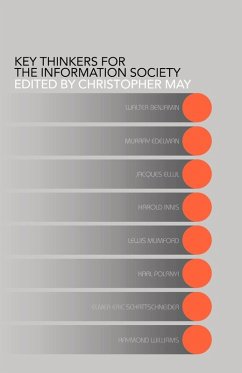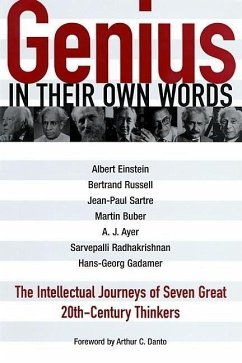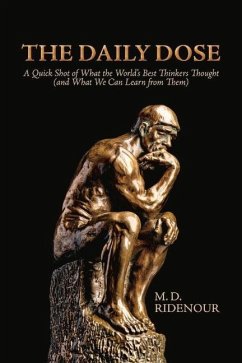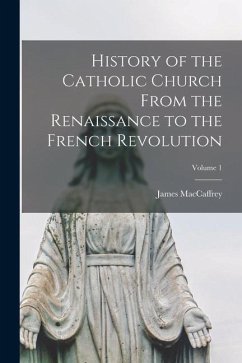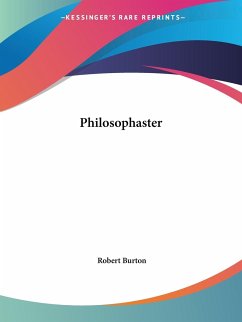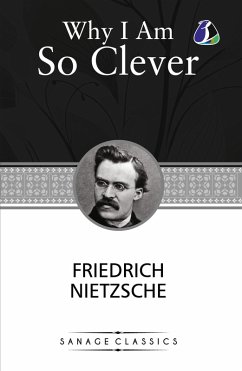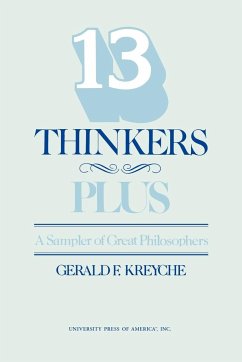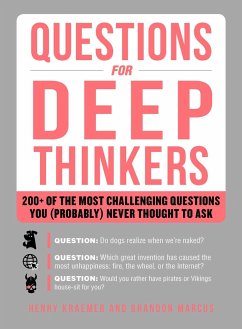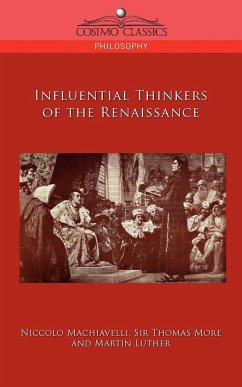
Influential Thinkers of the Renaissance
Versandkostenfrei!
Versandfertig in 1-2 Wochen
23,99 €
inkl. MwSt.

PAYBACK Punkte
12 °P sammeln!
[T]o slaughter fellow-citizens, to betray friends, to be devoid of pity, honor, and religion, cannot be counted as merits, for these are means which may lead to power, but which confer no glory. -from The Prince Here, in one volume, are three of the greatest works of the Renaissance, artifacts of the flowering of learning and culture in Europe that gave birth to our modern world: . The Prince, by Niccolo Machiavelli (1469-1527), is one of the most significant-and most remarkably misunderstood-essays on government ever written. A product of the political intrigue of Florentine Italy, it is a st...
[T]o slaughter fellow-citizens, to betray friends, to be devoid of pity, honor, and religion, cannot be counted as merits, for these are means which may lead to power, but which confer no glory. -from The Prince Here, in one volume, are three of the greatest works of the Renaissance, artifacts of the flowering of learning and culture in Europe that gave birth to our modern world: . The Prince, by Niccolo Machiavelli (1469-1527), is one of the most significant-and most remarkably misunderstood-essays on government ever written. A product of the political intrigue of Florentine Italy, it is a stunning commentary on ambition and the uses and misuses of power. . Utopia, by Sir Thomas More (1478-1535), is a startling work of social and cultural philosophy that may also, with its fictional conceit, be considered a forerunner of the novel. . Ninety-Five Theses, by Martin Luther (1483-1546), ushered in the religious upheaval of the Reformation. A searing indictment of the corruption in the Catholic Church, Luther's writings laid the foundations for the diverse religious culture in which we live today. With its introductory notes and commentary, this edition, first published in 1910, is a compact course in humanities and cultural history, and essential reading for any liberal education.



